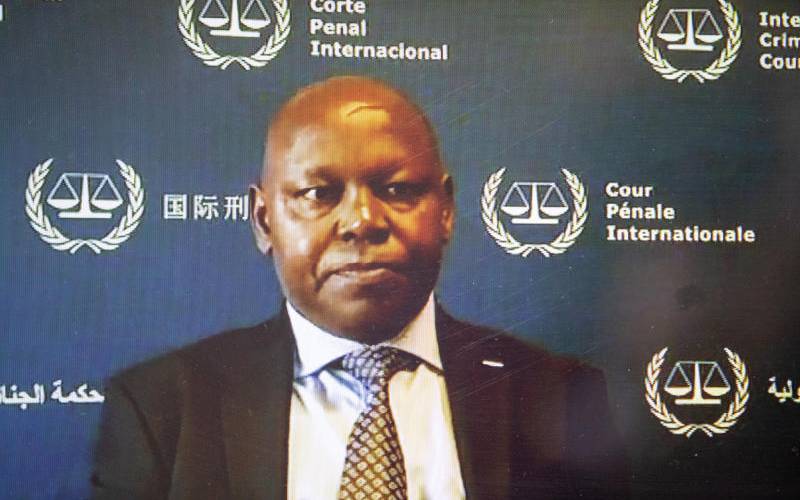×
The Standard e-Paper
Join Thousands Daily

Prosecutor Fatou Bensouda has taken sides with a Kenyan lawyer facing charges before the International Criminal Court in opposing tactics being used to appeal against one judge hearing his case.
The International Criminal Court (ICC) prosecutor said the Office of Public Counsel for the Defence (OPCD) lacks the status to seek permission from Pre-Trial Chamber A to appeal against the decision that dismissed claims that the chamber was not properly constituted to hear the case against lawyer Paul Gicheru.